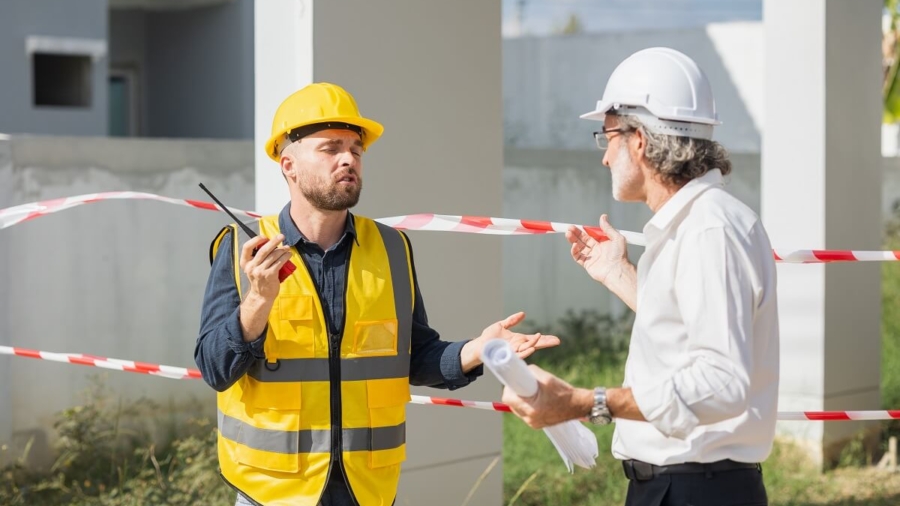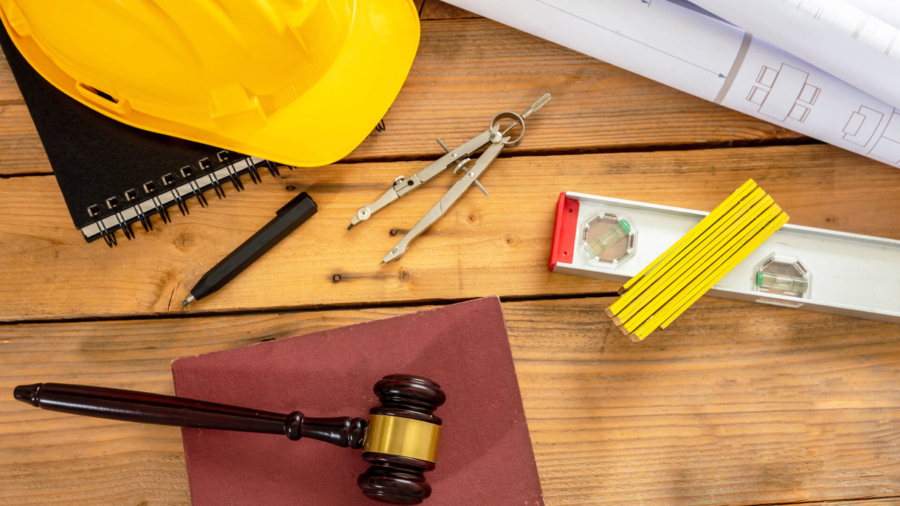We’re excited to announce that Alves Radcliffe LLP has opened a new office in Alamo, California, expanding how we serve Bay Area clients. Our firm has long represented homeowners, contractors, developers, and businesses across Northern California. With this location, clients can expect more direct access to business and commercial law services and experienced counsel closer to home.
Why Alamo? A Strategic Choice
Alamo sits at the heart of the East Bay, where property development, construction, commercial transactions, and real estate investments converge. Establishing an office here helps us bridge the distance between clients and counsel and handle county-level matters such as permits, zoning, and construction law efficiently. Clients who once traveled across the region can now meet with attorneys locally. Our construction law team will also operate from this location to assist with contract drafting, change orders, and dispute resolution.
Broad Legal Services You Can Access
The Alamo office delivers the same comprehensive services that define our firm. Clients can receive guidance on:
- Construction contracts, change orders, and dispute resolution (California Contractors State License Board offers public license verification)
- Contractor fraud, overbilling, and unpermitted work
- Real estate transactions, zoning, and ownership transitions
- Corporate filings and business formation requirements (California Secretary of State Business Portal provides public filing resources)
For additional reading on legal risk-management strategies, see our article “How a Construction Attorney Can Hammer Out Your Contract Concerns” which explains how precise contracts and early legal input save money and minimize disputes.
History, Expertise & Local Impact
For over two decades, Alves Radcliffe LLP has delivered measurable results. With more than 25 years of combined litigation experience, partners Suzanne Alves and Scott Radcliffe provide strategic, practical legal advice rooted in deep courtroom and transactional experience. The Alamo expansion continues our legacy of responsiveness, precision, and client-first service across the Bay Area.
Helping Businesses Navigate Local Growth
As Contra Costa County expands, new development brings both opportunity and complexity. Our attorneys advise contractors, developers, and business owners on compliance, risk management, and deal structuring to promote sustainable growth.
5 Ways Our Alamo Office Supports Local Clients
- Direct Access: Meet with attorneys locally for faster responses and in-person strategy sessions.
- Regional Insight: Guidance tailored to Contra Costa County rules and local planning departments.
- End-to-End Support: From contract drafting to litigation, services remain fully integrated.
- Cross-Practice Collaboration: Seamless coordination between business, construction, and real-estate divisions.
- Community Engagement: Our team participates in regional business events and outreach programs to stay aligned with local priorities.
What Clients Can Expect
Visiting our Alamo office means smoother consultations, quicker document exchange, and stronger collaboration on matters requiring local presence. Whether you need contract drafting, construction oversight, permit review, or representation, the Alamo team operates with the same client-first approach that defines Alves Radcliffe LLP.
If you’re in Alamo, Walnut Creek, Pittsburg, Danville, or the surrounding areas, consider scheduling a meeting at our new office. We look forward to partnering more closely with the communities we serve. Reach out today to arrange a consultation tailored to your legal needs. Feel free to contact us for location details, parking guidance, and office protocols. We’re excited about this new chapter and committed to making your legal experience easier, clearer, and more effective.











